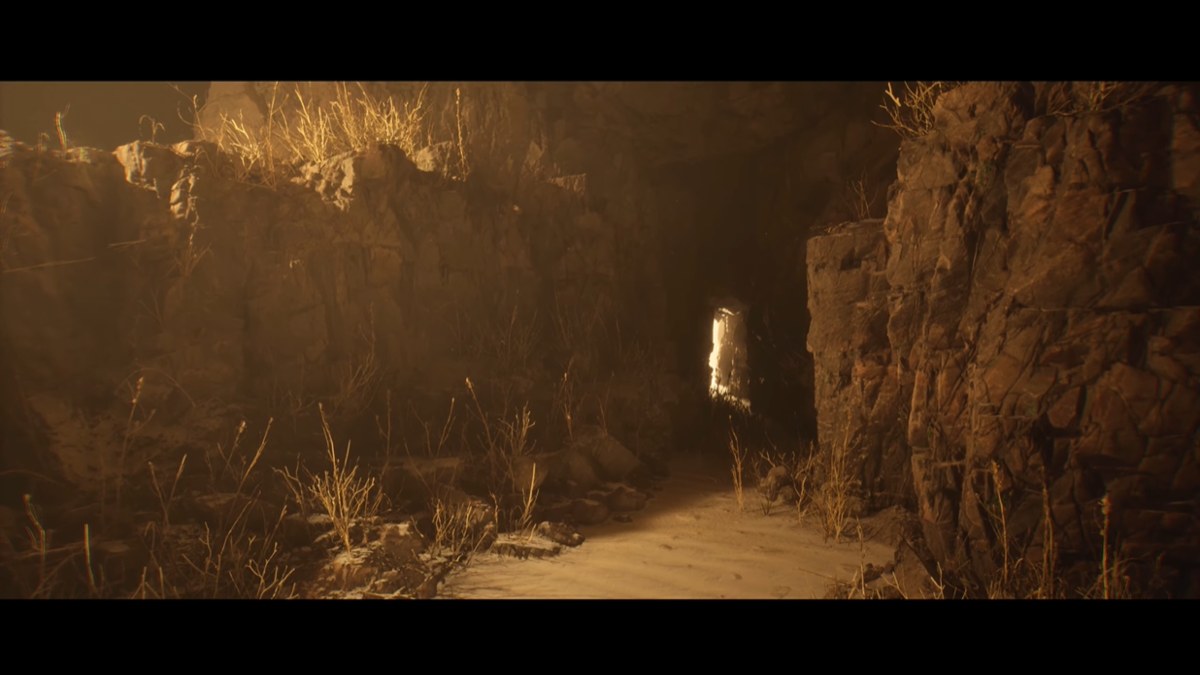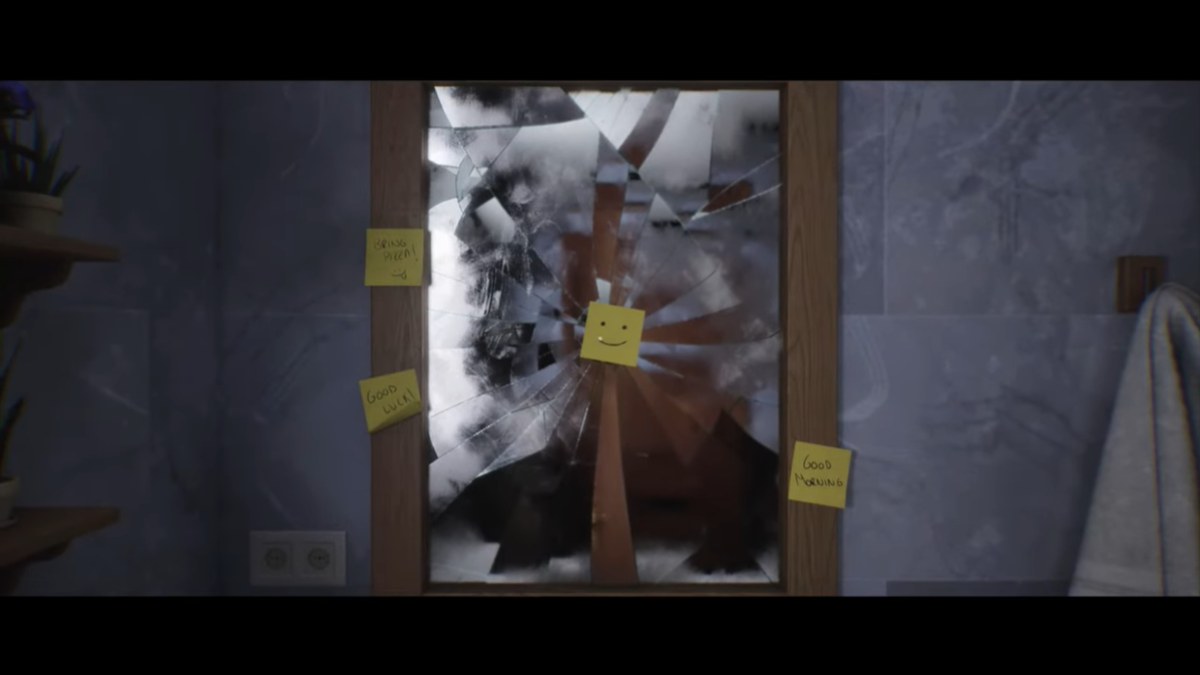Image by Broken Bird Games
Trapped inside your apartment, forced to relive the same five days on an endless loop, you wonder if there’s any light at the end of this impossibly dark tunnel. Things outside of your control brought you here. Face-to-face against a past you’d love nothing more than to forget, you’re reminded of happier times through the smiley Post-it someone placed on the bathroom mirror. Waking to the sight of it feels like a façade placed atop the broken mirror that is your fractured mind. I don’t want to look at myself or face the truth, but spending eternity in this prison I call home won’t solve anything either.
Something has to change. Self-reflection and reminiscing of loved ones whose memories are now lost in the cold, loneliness of the mind are part of the inner journey to rebirth, acceptance, and forgiveness. A story of isolation, both suffocating and blinding, shows the very human struggle of coming to terms with losing someone. You feel the walls closing in, your eyes unable to see the full picture, or perhaps incapable of doing so because of denial and regret.
This is Luto, a psychological horror game by Broken Bird Games. A fairly recent release (July 22), Luto is Spanish for “mourning.” This horror game genuinely surprised me for all the right reasons. I played the demo back in 2022 and was equally impressed by Luto‘s gorgeous graphics and polished physics. While it was clear Luto was attempting to make the whole white-sheet-ghost scary again and achieved that through some good scares and a promising atmosphere, it wasn’t doing anything we haven’t seen before in titles like P.T. or Layers of Fear. In 2022, Luto fit in with every other psychological horror. I was looking forward to its full release, but didn’t have high hopes it’d be anything more than a P.T. copy.

Battling against a relentless sandstorm, the search for inner peace is a journey we all have to take at some point in our life
The oversaturation of the walking sim psychological horrors has lessened the impact of each new release under this subgenre of video games. Thankfully, Broken Bird Games made the genius decision to expand upon its genre and to shy away from what came before it.
Luto‘s entire narrative and style take many cues from cinematography and film design. There’s a clever use of the cinema bars that I’ve never seen before that not only creates an overall more cinematic experience, but also strengthens the immersion into Samuel’s mind, making the entire setting all the more believable. This, plus the obvious nods that we’re playing a video game through errors and glitches that are purposely there to make us feel like we’re going mad alongside Sam, makes Luto feel more like a blend of P.T. and Imscared.

Take your time and invest in every inch of Luto’s design to truly appreciate its beauty
Sam’s passion for filmmaking is present throughout. It’s in the environment, the choice of narrator, and the permanent cinema bars that are there to show his confined psyche. The narrator should remind any indie fan of the iconic Stanley Parable. This also wasn’t in the demo, but it worked for telling a story about a scriptwriter’s internal struggles with love, loss, and grief. Luto is full of incredible, surprising moments that left me in awe, a similar feeling I had with KARMA: The Dark World.
Although it’s incredibly artistic and often abstract in its design, Luto is incredibly profound. It includes multiple emotional moments scattered in its dark imagery and powerful dialogue, all taking place in Samuel’s mind, which blur the lines between dream and reality as the past bleeds through as a reminder of things Sam wants to forget. It’s easy to reflect and compare Sam’s struggles with your own.

Puzzles are very challenging, but they’re yet another element that perfectly shows how Sam’s mind is restraining and confining him to his manifested darkness
It’s not a particularly scary title, as it holds onto a strong identity of being more like art than a video game. It has an eerie atmosphere through excellent lighting and cleverly placed jumpscares. There are instances (albeit few) that genuinely made me feel tense, such as Luto’s smart use of video tapes and game-within-a-game moments. Luto effectively uses glitches and multimedia to make you feel as though you’re truly trapped in Sam’s mind or playing a cursed game that knows you all too well. It’s very meta with its game-breaking bugs and is fully aware it’s showing the horrors of the mind. So much so that I often found myself smiling when I realized how to move on to the next section.
It’s a personal journey and one that I’m currently going through. I’m thankful for Luto‘s beautiful portrayal of psychological horror and for coming at a time when I, too, feel shackled to my darkest thoughts, believing escape may not be feasible if I cannot come to terms with my own grief.








Published: Aug 3, 2025 02:32 pm